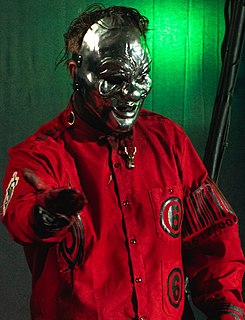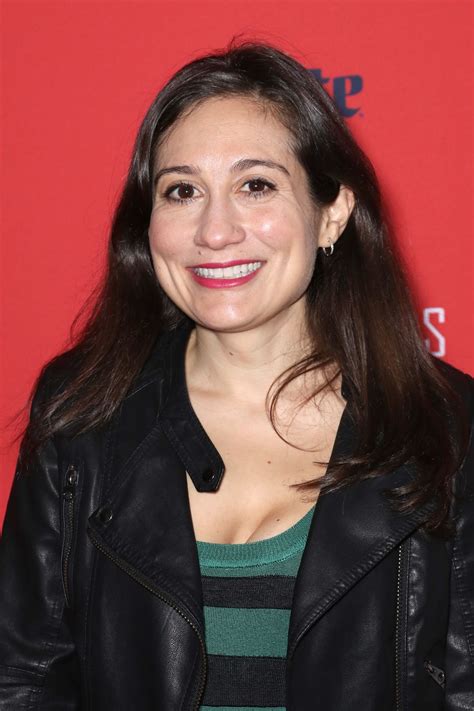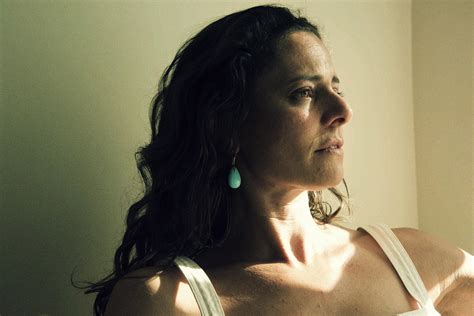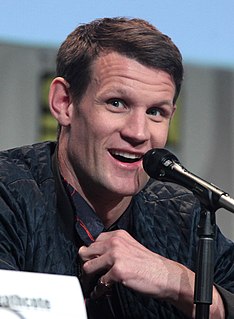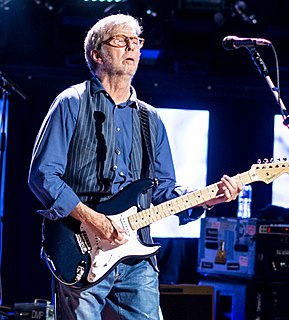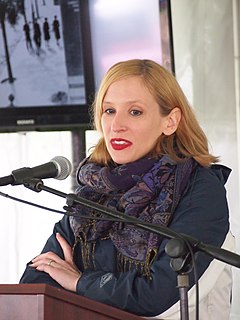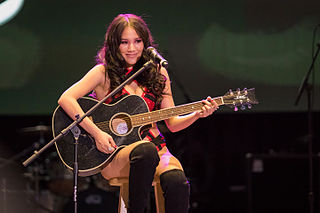A Quote by Mary Gaitskill
Anne Frank's diary made a very big impression on me at age 12 or so.
Related Quotes
Augustus Waters," I said, looking up at him, thinking that you cannot kiss anyone in the Anne Frank House, and then thinking that Anne Frank, after all, kissed someone in the Anne Frank House, and that she would probably like nothing more than for her home to have become a place where the young and irreparably broken sink into love.
When I first read Anne Frank's 'Diary of a Young Girl,' I saw for the first time that a girl could be a writer and that it had something to do with survival and with ethics and fighting against evil. I admired her, though her diary remained terrifying and mysterious to me. She was a character in a real fairy tale - fairy tales are brutal.
Until I read Anne Frank's diary, I had found books a literal escape from what could be the harsh reality around me. After I read the diary, I had a fresh way of viewing the both literature and the world. From then on, I found I was impatient with books that were not honest or that were trivial and frivolous.

